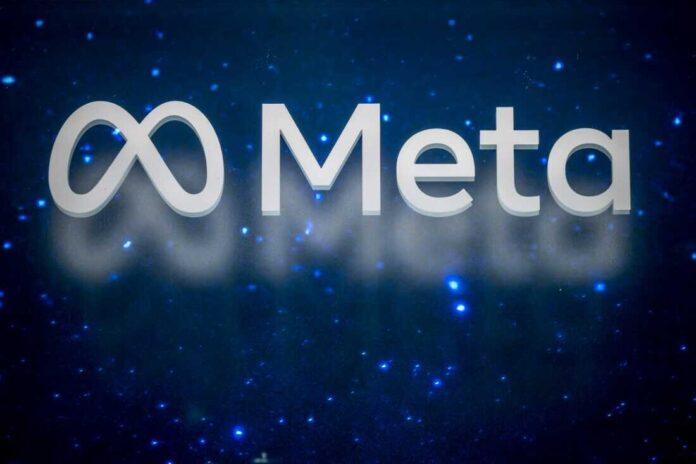In a courtroom drama set to captivate international observers, the U.S. Federal Trade Commission’s monumental antitrust case against Meta, formerly known as Facebook, kicks off this week in Washington, D.C. This legal battle, the result of a rigorous six-year investigation, probes whether the social media conglomerate violated competition laws in its acquisitions of Instagram and WhatsApp.
At the heart of this trial is Meta’s formidable $1.4 trillion advertising juggernaut. The FTC’s case could potentially lead to an unprecedented corporate breakup, reminiscent of the historic dismantling of AT&T’s monopoly over four decades ago. Legal analysts suggest the outcome could redefine the landscape for tech giants worldwide, particularly in the Middle East, where social media plays a pivotal role in business and communication.
U.S. District Judge James Boasberg will preside over the trial, which is expected to span several weeks. The FTC’s strategy involves a thorough examination of evidence and witness testimonies from prominent figures such as Meta CEO Mark Zuckerberg, former COO Sheryl Sandberg, and Instagram chief Adam Mosseri.
The FTC’s argument centers on the notion that Meta’s purchases of Instagram in 2012 and WhatsApp in 2014 were strategic moves to eliminate competition, a claim supported by internal emails from Zuckerberg himself. According to FTC Chair Andrew Ferguson, these actions are clear violations of federal antitrust laws designed to promote fair competition.
Meta’s defense is a robust counter-narrative. The company insists that it is being unfairly targeted for its success and innovation. Meta’s legal team points out that these acquisitions were initially approved by regulators and argues that today’s competitive social media landscape, featuring platforms like TikTok and Snapchat, contradicts the FTC’s monopoly claims.
If the FTC succeeds, the divestiture of Instagram and WhatsApp could invigorate global competition, potentially benefiting users in Egypt and across the Middle East with improved services and privacy standards. Conversely, Meta warns that such a breakup could disrupt integration and degrade consumer experiences, given the intertwined nature of its platforms.
This trial carries significant political overtones, woven into the tumultuous relationship between Zuckerberg and former U.S. President Donald Trump. Despite previous tensions, recent interactions suggest a thawing, with Zuckerberg reportedly aligning Meta’s policies with Trump’s preferences, fueling speculations about potential settlements.
Though a settlement remains possible, legal experts advise watching the trial closely as it proceeds, noting its significance not just for Meta, but for future regulatory actions targeting tech monopolies worldwide, including in the Middle East.
